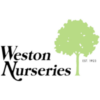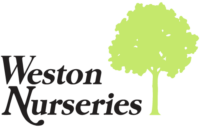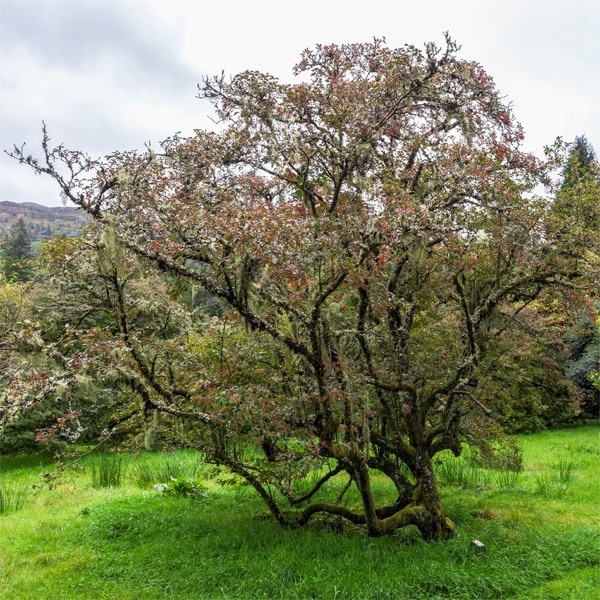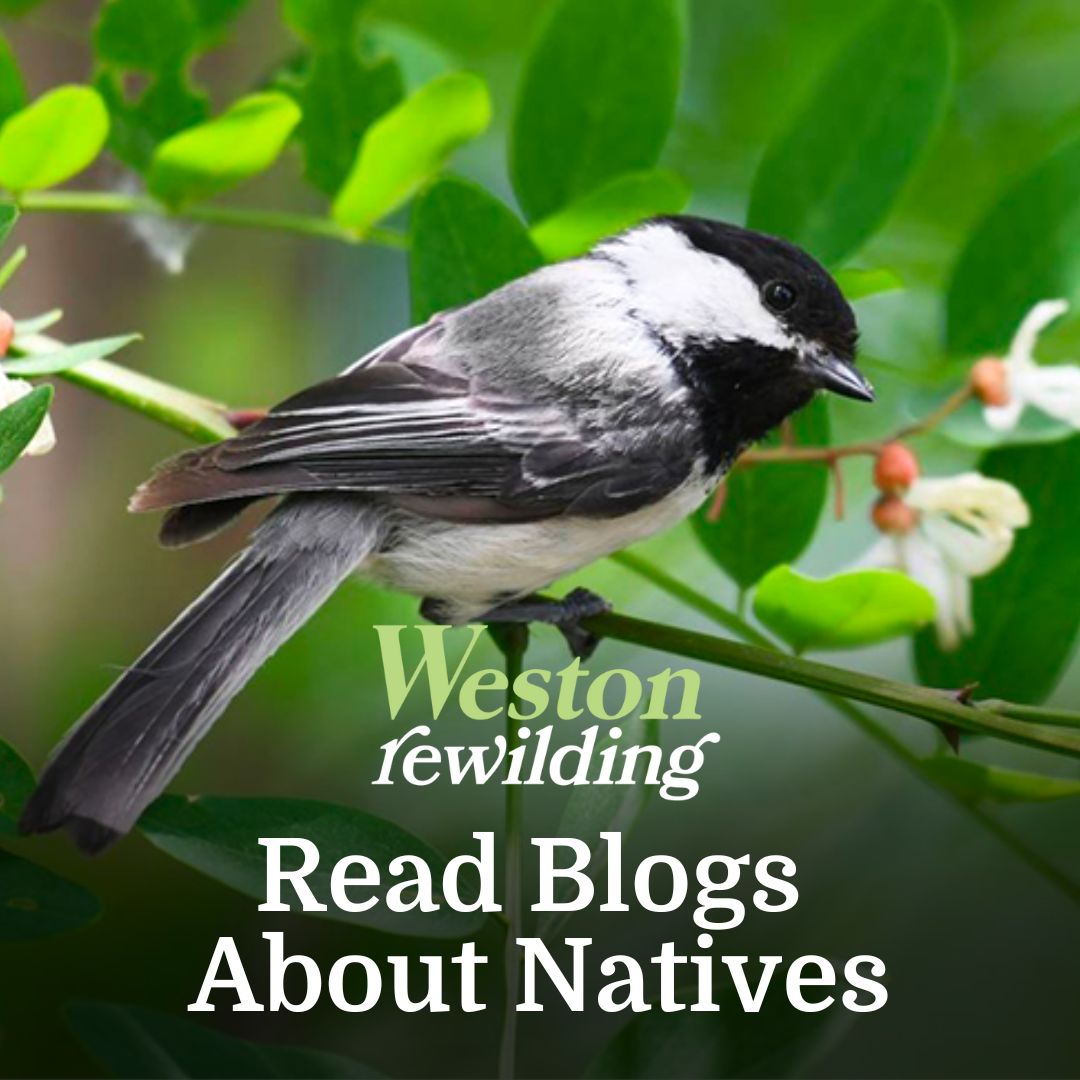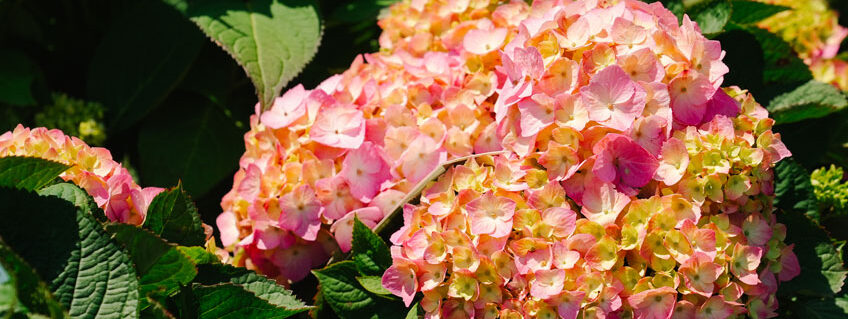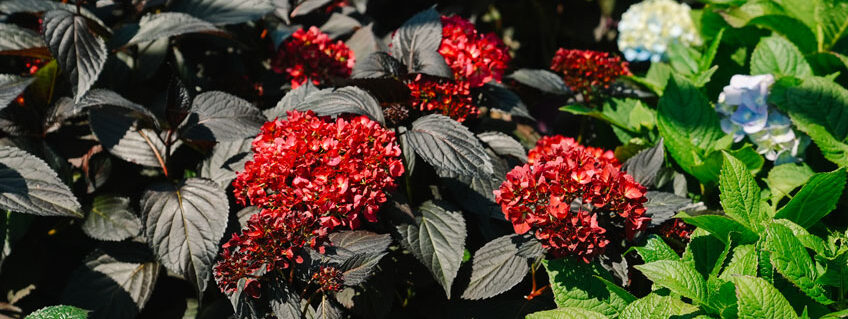Whenever I choose which plants to add to the various gardens around my home, I make a practice of considering more than just the current season. Garden centers report that customers typically select flowering plants primarily for their bloom, and most plants sell best when they are in flower.
But since it’s unusual for woody plants to bloom for more than a couple weeks a year, their appearance during the other 50 weeks should be an important factor in designing a satisfying garden.
Redvein enkianthus (Enkianthus campanulatus), blooming now in early June, is one of my favorite shrubs, and I’m disappointed that it’s not more widely used. Since it comes into bloom later in the spring than many woody plants, it’s often overlooked at garden centers earlier in the season. Flowers start to form in late May several weeks after foliage emerges, and they’re colorful well into June.
Seedling-grown plants are most popular, showing-off their pendulous clusters of small, fragrant, bell-like pink flowers in shades of pink. Several named cultivars are available at garden centers with flowers ranging from pure white (Enk. camp. ‘Albiflorus’ and another species, Enk. perulatus) to dark pink and red (quite a few choices available).
Attractive, tawny-yellow seedpods replace flowers, holding all summer. Foliage is dark green and bothered by few pests, turning to remarkable shades of yellow, orange, red and burgundy for several weeks in late autumn before dropping for winter.
Plants are multi-stemmed, upright and slow growing, typically reaching eight feet or more after a decade in the garden, developing attractive, layered-branching. Requiring minimal care, they grow well in full sun or dappled shade and color-up best with more light intensity. They prefer rich, acid soil and are winter hardy in southern New England, Zone 5.
Our gardens can offer so much more enjoyment when we take a bit of time to find out how our plant choices look at other seasons. Like enkianthus, many plants that offer multi-season appeal in New England are recognized with Tower Hill Botanic Garden’s Cary Award.
Experts at your local garden center are a prime source of information about which plants will perform best for your conditions; they love to be asked for advice, and the results in your yard can be extraordinary!
